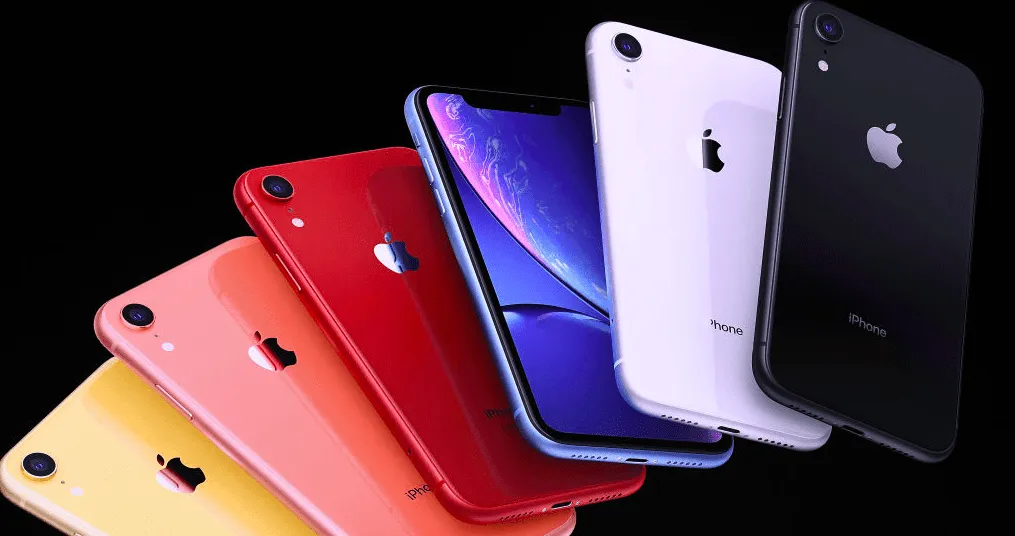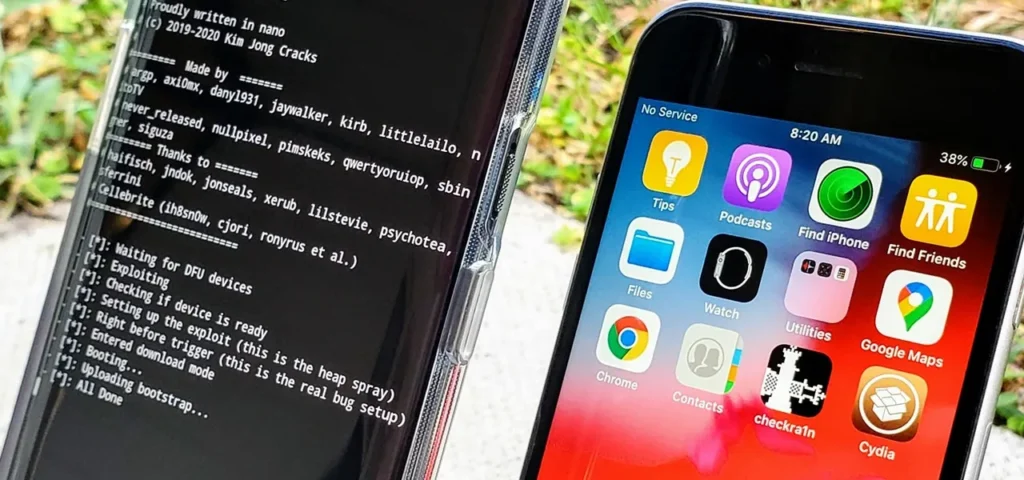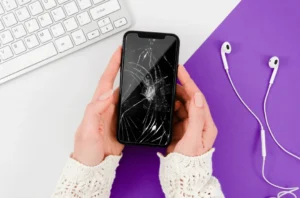Can iPhones Get Viruses? The Truth About iPhone Security
PUBLISHED
- February 18, 2023
- 11:31 pm
PUBLISHED
- February 18, 2023
- 11:31 pm

iPhones are ubiquitous in modern society, and for good reason. They are sleek, powerful, and packed with features that make our lives easier. However, with all this power comes the potential for vulnerability. In the age of cyber threats and malicious software, many iPhone users are left wondering: Can iPhones get viruses? In this article, we’ll explore the truth about iPhone security and whether or not your device is at risk.
LIKE THIS
Understanding Malware and Viruses


First, let’s define what we mean by “viruses.” A virus is a type of malware, which is short for “malicious software.” Malware is any software designed to harm, exploit, or compromise a device or network. Viruses are a specific type of malware that infects a device by replicating itself and spreading to other devices.
So, can iPhones get viruses? The short answer is yes, but it’s not as simple as that. Let’s take a closer look.
The Myth of iPhone Invincibility


For a long time, it was commonly believed that iPhones were invincible to viruses and malware. This myth was perpetuated by Apple’s tight control over the iOS operating system, which made it difficult for third-party software to gain access to the device. Additionally, Apple’s App Store has strict guidelines for app developers, which makes it more difficult for malicious apps to make their way onto the platform.
While these measures do provide a layer of protection, they are not foolproof. As we’ll see in the next section, there have been cases of iPhones being infected with malware and viruses.
Real-World Examples of iPhone Viruses


One of the most well-known examples of an iPhone virus is the “WireLurker” malware, which was discovered in 2014. WireLurker was able to infect iPhones by taking advantage of a vulnerability in the Mac OS X operating system. Once a user connected their iPhone to an infected Mac computer, the malware would spread to the device.
Another example is the “AceDeceiver” malware, which was discovered in 2016. AceDeceiver was able to infect iPhones by exploiting a flaw in Apple’s digital rights management system. Once the malware was installed, it would download and install other malicious apps onto the device.
These are just two examples of the many types of malware and viruses that have been discovered on iPhones over the years. While the number of cases is relatively small compared to other platforms, it’s clear that iPhones are not immune to these types of threats.
Protecting Your iPhone from Viruses


So, what can you do to protect your iPhone from viruses and malware? Here are a few tips:
1. Keep your iOS software up to date.
Apple regularly releases security updates to patch vulnerabilities and protect against known threats.
Only download apps from the App Store. As mentioned earlier, Apple’s strict guidelines for app developers make it less likely for malicious apps to make their way onto the platform.
2. Be wary of phishing scams.
Phishing is a type of social engineering where attackers try to trick you into revealing sensitive information. If you receive an email or text message that seems suspicious, don’t click on any links or provide any personal information.
3. Use a mobile security app.
There are many security apps available for iPhones that can help protect against viruses and malware.
To sum things up, while iPhones are generally considered to be more secure than other platforms, they are not immune to viruses and malware. It’s important to take steps to protect your device and stay vigilant against potential threats. By keeping your iOS software up to date, only downloading apps from the App Store, being wary of phishing scams, and using a mobile security app, you can help keep your iPhone safe and secure.









